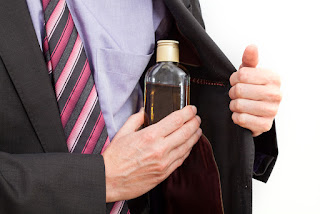 If you’re a loved one of an addict, we don’t have to tell you that caring for a family member with substance abuse disorder is heartbreaking and exhausting. Addiction is a family disease – and it takes a toll on everyone involved.
If you’re a loved one of an addict, we don’t have to tell you that caring for a family member with substance abuse disorder is heartbreaking and exhausting. Addiction is a family disease – and it takes a toll on everyone involved.We do, however, need to remind you that to best care for your loved one, you need to make time to care for yourself. This means getting proper sleep, eating well, exercising, managing stress, socializing, and continuing to experience joy in your life.
Practicing self-care isn’t selfish; it's a matter of survival!
4 Ways to Care for Yourself
- Ease into the day your way. Set your alarm just 15 minutes earlier than usual, and use those extra minutes just for you. Cook up a healthy breakfast, write in a journal, meditate—whatever helps you set a positive tone for the day ahead.
- Get support. Consider seeking help from a therapist or join one of the many support groups (either in-person or online) for loved ones of addicts. This will remind you that you’re not alone; it can also give you some much-needed hope as you hear experiences and advice from other family members just like you.
- Allow yourself to have fun. Whether you enjoy gardening or going to the movies with your friends or grandkids, carve out some time for the things you enjoy most. Engaging in such simple pleasures is just what you need to relax and recharge right now.
- Learn to say “no.” Don’t do things for your loved one that he or she can (or should) be doing for herself. The key is to set boundaries about what you will and will not do to help the addict in your life.
Detox and Rehab
Is someone you love physically and psychologically addicted to drugs or alcohol? We’re here to help. Our staff at Complete Harmony has helped hundreds of patients detox and restore their whole body using holistic therapies. To learn more about our alternative rehab program, call 866-930-4673.













